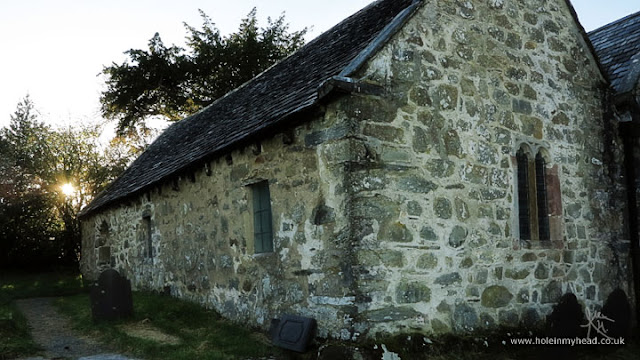Wales and strathclyde
I live in what was strathclyde. right in the middle of it in fact :) 90% of the people have no idea what im on about when i talk of the Britons that lived here speaking what turned into welsh. There are some extremely strong links between this area and Cymru. including
cunedda come from what is now Clackmannanshire in scotland. some claim him as the father of Gwynedd and the Welsh nation.
Cunedda and his forebears led the Votadini against Pictish and Irish incursions south of Hadrian's Wall. Sometime after this, the Votadini troops under Cunedda relocated to North Wales to defend the region from Irish invasion.
Cunedda established himself in Wales, in the territory of the Venedoti, which would become the centre of the kingdom of Gwynedd.
He was the first King of the welsh and founder of the royal dynasty of Gwynedd which lasted nearly 1000 years and was the most powerful in the whole of Wales. The leader of Gwynedd was often called the king of the Britons.
.................................................................................................
ACCORDING TO WIKI "The oldest Welsh literature does not belong to the territory we know as Wales today, but rather to northern England and southern Scotland, and so could be classified as being composed in Cumbric, a Brythonic dialect closely related to Old Welsh. " The great Taliesin , Llyfr Aneirin (The Book of Aneirin) were both written here.
Aneirin, a near-contemporary of Taliesin, wrote a series of poems to create one long 'poem' called Y Gododdin. It records the Battle of Catraeth, fought between the Britons of the kingdom of Gododdin (centred on Eidyn, the modern Edinburgh) and the Saxon kingdoms of Deira and Bernicia in the northeast of England. This battle was fought at Catterick in about the year 598. It has survived in Llyfr Aneirin (The Book of Aneirin), a manuscript dating from c. 1265.
One of the greatest Welsh poems of all time IS Armes Prydein from the Book of Taliesin which sees a coalition of Celtic and Scandinavian forces defeating the English and restoring Britain to the Welsh.
In a rousing style characteristic of Welsh heroic poetry, it describes a future where all of the Brythonic peoples are allied with the Scots, the Irish, and the Vikings of Dublin under Welsh leadership, and together succeed in driving the Anglo-Saxons from Britain forever.
The links are endless. you can research yourself if you're interested.
It saddens me that the people here have forgotten this. I try to remind them though. :)
ps, Wallace means Welshman and some say his early family migrated from Wales. , sorry :(


Comments
Post a Comment